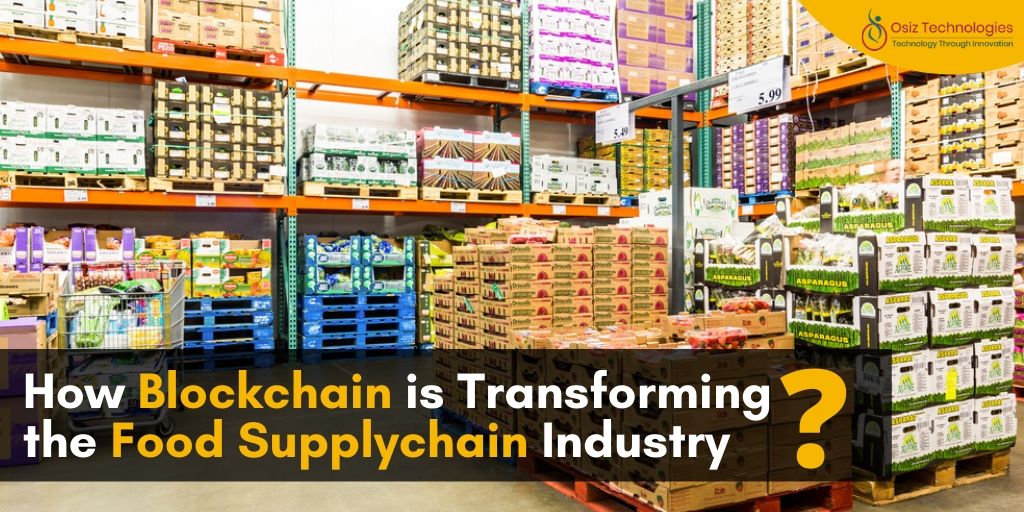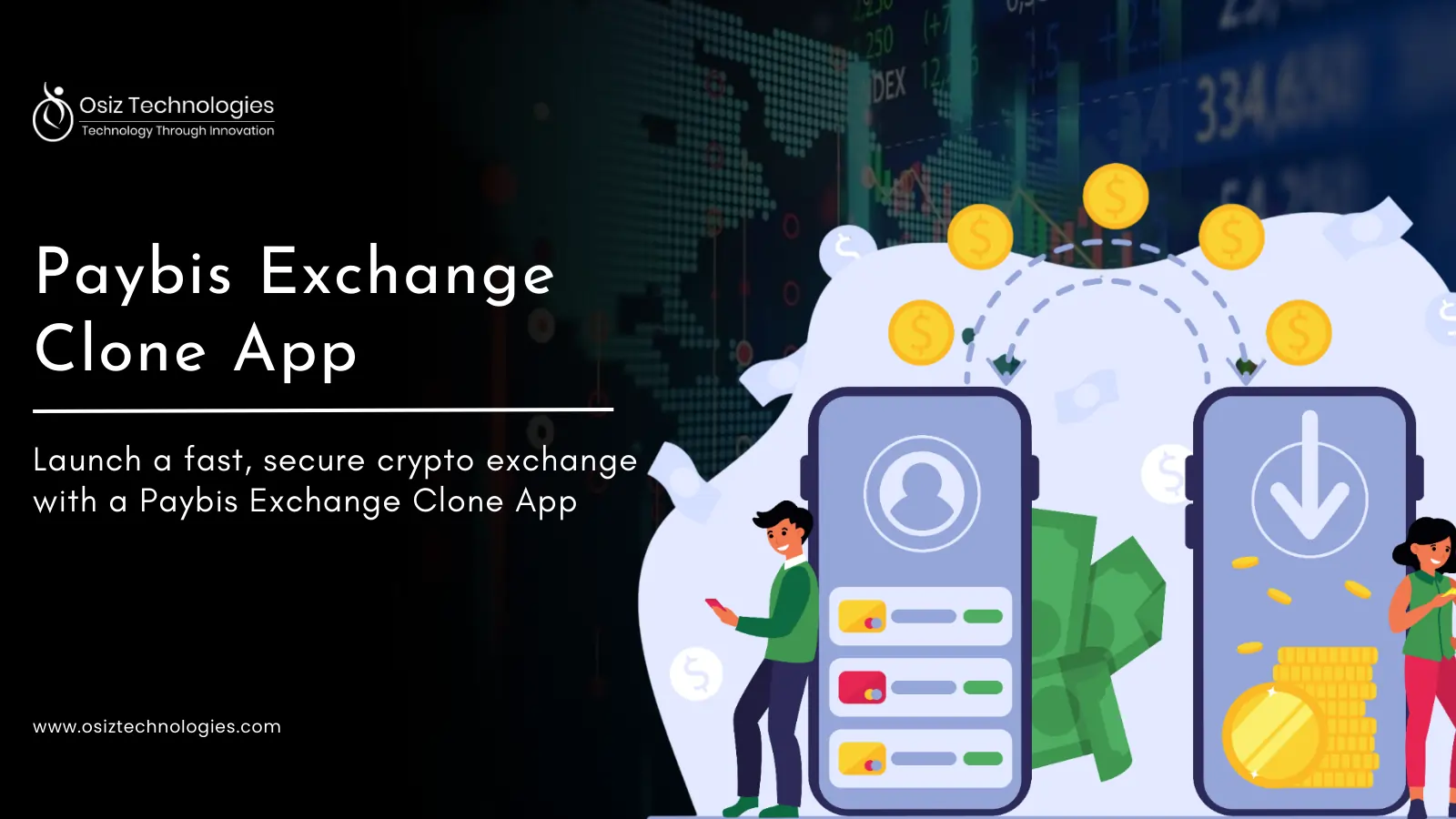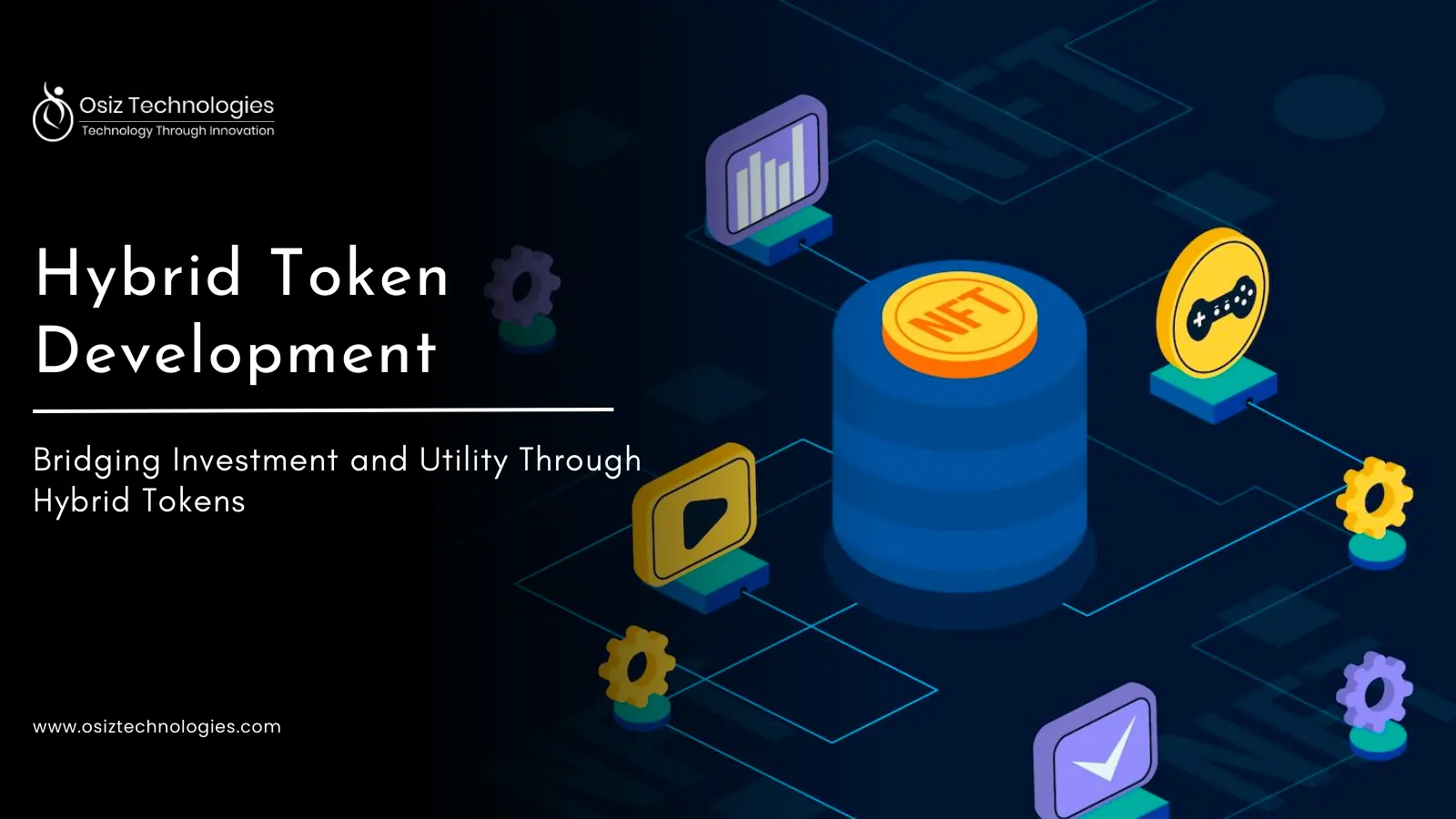We have already known that blockchain is one of the innovative technology in this modern era but the main reason behind the growth of blockchain in recent years is because of cryptocurrency and bitcoin - a huge buzzword. Blockchain technology has started stepping up into every industry, likewise into the food supply chain industry. The concept of blockchain is that it integrates ledger technology into its system to improve the efficiency and transparency of the supply chain.
Read More: What is Blockchain Technology?
With mutually beneficial outcomes and many advantages, blockchain holds a greater impact in the agri-food sector. Blockchain can track ownership records which helps to solve critical problems like food fraud, supply chain inefficiency, and food traceability in the food ecosystem. In this article, we are going to look at the concerns and how blockchain technology could help to create a huge positive impact on the food supply chain industry.
Existing Problems Facing the Food Supply Chain Industry
As of now, the food industry is paralyzed with supply chain inability and fraud. Most of the issues affect the food industry due to the lack of trust and transparency within the supply chain network. The current food system has failed to meet the transparency and assurance demanded by most of the customers. Have you ever heard about the high profile food fraudulent cases, such as the UK Horsemeat Scandal of 2002 and the Salmonella peanut butter outbreak of 2009? Therefore food safety and nutrition are completely linked, food frauds create a cruel disease and malnutrition.
The World Health Organization (WHO) says that some of the people in the world fall sick after eating contaminated food. As a result, foodborne diseases mainly affect the health of infants, young children, and the elderly. Every year, the food industry has estimated more than US $40 billion globally to avoid food frauds but it continues to rise each year among consumers and the industry.
Why Blockchain is Important in the Food Supply Chain Network?
In simple words, a Blockchain is a group of blocks that stores transactional details and ensures security, and transparency. Blockchain technology is a decentralized concept and it doesn't require intermediates while performing transactions. The current food supply chain management system got stuck in the manual processes that wouldn't be able to identify the adulteration.
When you integrate the food supply chain on the blockchain, it accomplishes the entire process transparent and traceable. As the entire network such as farmers, wholesalers, retailers, and shopkeepers is brought together into the blockchain network, consumers can be assured of getting end-to-end traceability. Each entity that handles food can be represented as a node in the blockchain network, which can easily be tracked and also trace the source of food items.
Manual recordings and data verifications in the supply chain operations can be replaced with IoT devices. IoT - Internet of Things to an extensive range of devices that serves as a way between the digital and physical world. Environmental, Biological, and chemical-based sensors can be used to gather and transmit the real-time data of food products, as they move from one place of supply chain to another.
Read More: Why to Implement Blockchain in Supply Chain Management?
This kind of technology won't only reduce human errors but also help in increasing the overall efficiency. However, the data is stored and transmitted through the consensus protocols in a blockchain of the system, and the chances of information getting ruined (or) any malware activities are eliminated.
Blockchain transmits accountability and traceability in the food supply chain to avoid chances of preventing food safety disasters. Global corporations, such as Nestle and Unilever utilized distributed ledger technology to develop a fully-transparent food supply chain network. For example, Walmart - a multinational retail corporation makes a separate blockchain network to achieve and enhance food traceability and transparency.
This corporation builds a Food trust solution that connects, distributors, farmers, and retailers through this network. Our customers get a more transparent supply chain. Frank Yiannas - Vice President of Food Safety, at Walmart, says, this is one of the best smart technologies that will benefit our customers and all stakeholders. This technology helps the company to prevent contamination of food and also decreases unnecessary waste.
How Blockchain Technology is Beneficial?
Blockchain technology can distribute certain processes within the food industry which helps to maintain the highest food safety standards and quality. A blockchain is a beneficial tool for the food industry because it provides more visibility in the supply chain. Validating a product's journey in the supply chain by way of blockchain transactions helps in validating products and creates trust in the customers.
The main concepts of blockchain technology are traceability, transparency, and tamper resistance - which can change the food industry by creating trust between farmers, retailers, suppliers, and consumers. Apart from fraud prevention and transparency, blockchain also helps in assuring faster payments. This technology prevents price constraints and also avoids intermediaries in the supply chain, so food producers can get significant economic benefits. The reduction of food waste is another important benefit of blockchain technology.
According to the Food and Agriculture Organization of the United Nations, one-third of the produced for human consumption every year. Approx 1.3 billion tons of food gets wasted. The wasted food in landfills can feed many families who are struggling with hunger. These kinds of issues also affect the economy and environmental sustainability. Blockchain technology adoption helps customers and suppliers gain better access to supply chain operations. Blockchain technology provides better decision-making situations for business intelligence and also creates less waste.
Final Thoughts
Blockchain can determine the many problems and create a positive impact on the food supply chain network. But, some of the limitations are there in the food sector for adopting blockchain technology. The food ecosystem involves many people and many layers that stipulate efforts for blockchain adoption. All the entities who are all involved in the network have adopted this technology to achieve successful incorporation.
Moreover, customizing and executing a blockchain in scalable won't happen overnight, it requires more expenses and effort. Most of the organizations are hesitant to adopt this kind of groundbreaking technology into their industry. Adopting blockchain can be the best approach in the food supply chain industry because it provides more visibility from the time of harvest to retail.
However, all the members along with this chain network have to follow the steps and enforce technological change. A global retail corporation such as Walmart and Nestle have incorporated this technology into their industry, we might see the supply chain organizations will get into the technology in the future.
Blockchain Development Company
Now you have to understand the impact and benefits of integrating blockchain technology into the food supply chain network. Are you looking forward to incorporating this eminent technology into your industry? Osiz Technologies is here for you. We are a prominent blockchain development company that helps to scale up your business process more efficiently and also helps you attain better results.
Post Your Requirements Here!
For queries, feel free to engage with us!
Call/Whatsapp: 9500481067
E-mail: sales@osiztechnologies.com
Skype : Skype : osiz.tech
Listen To The Article












